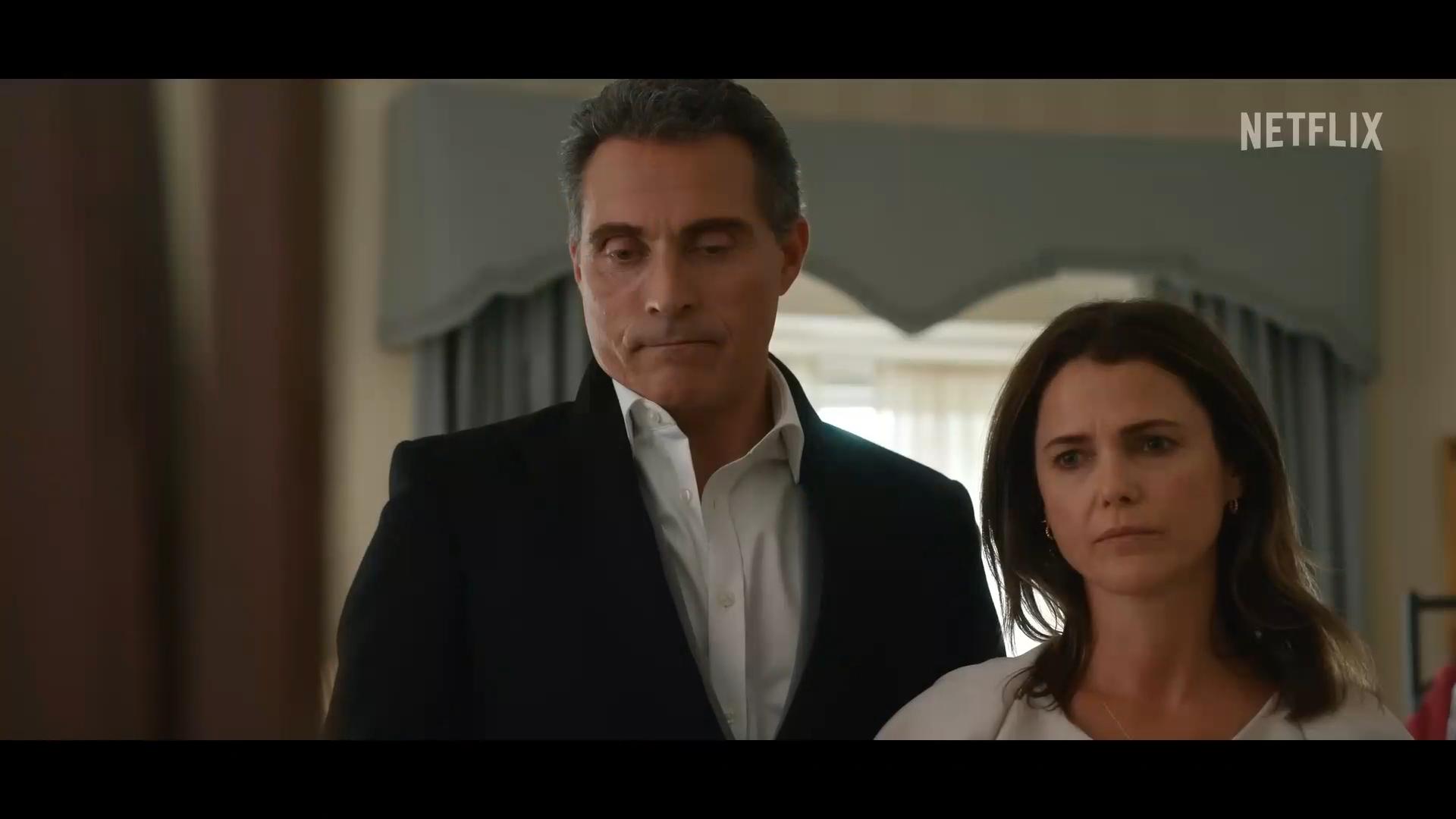In the realm of political drama, few series have captured the intricate dance of diplomacy and power as effectively as “The Diplomat.” This critically acclaimed show offers a window into the high-stakes world of international relations, where every decision reverberates on a global scale. As we delve into the most powerful political moments of ”The Diplomat,” it becomes evident that the series not only entertains but also provides a profound commentary on the complexities of geopolitical strategy. Through its deft storytelling and nuanced character portrayals, “The Diplomat” illuminates the delicate balance of power, the art of negotiation, and the often-unseen forces that shape our world. This article will dissect these pivotal moments, offering an analytical perspective on how they reflect and inform our understanding of contemporary diplomacy.
Strategic Maneuvering in International Relations
In the intricate world of international relations depicted in “The Diplomat,” strategic maneuvering often takes center stage, showcasing the delicate balance of power and influence. One of the most compelling political moments occurs when the protagonist deftly navigates a high-stakes negotiation between two rival nations. This scene is a masterclass in diplomacy, where every word is carefully chosen to maintain equilibrium and foster collaboration. The diplomat’s ability to anticipate the opposition’s moves and counter them with precision demonstrates the essence of strategic foresight.
Key elements of strategic maneuvering highlighted in the series include:
- Leveraging Alliances: Building and maintaining strong alliances to bolster one’s position.
- Information Control: Managing the flow of information to influence outcomes.
- Adaptability: Adjusting strategies in response to changing circumstances.
- Persuasion: Using rhetoric and negotiation skills to sway opponents.
These elements underscore the nuanced art of diplomacy, where power is not just about might but about the skillful orchestration of influence and negotiation.
Diplomatic Dialogues and Power Dynamics
In “The Diplomat,” the intricate web of diplomatic dialogues serves as a powerful tool for showcasing the underlying power dynamics between nations. These moments are crafted with a keen eye for detail, illustrating how words can be wielded as deftly as any weapon. The series delves into the subtleties of language, where a simple phrase can carry the weight of an entire nation’s policy or a carefully chosen silence can speak volumes. Through these dialogues, viewers are invited to witness the art of negotiation, where the balance of power is constantly in flux, and the stakes are nothing short of global.
- Subtle Nuances: Every conversation is layered with meaning, revealing the strategic intentions of each party involved.
- Tactical Language: The use of rhetoric and persuasion is highlighted as a key element in shaping international relations.
- Silence as Strategy: Moments of silence are employed to emphasize the gravity of certain situations, often leaving a lasting impact.
These elements are not just for dramatic effect; they underscore the reality of diplomatic engagements, where the power to influence and the ability to adapt are crucial. The series masterfully captures how these dialogues are not merely exchanges of words but battles of wits, where the victor is often determined by their mastery of the art of conversation.
Crisis Management and Leadership Decisions
In the gripping political drama, “The Diplomat,” are portrayed with a keen eye for realism and complexity. The series delves into the intricacies of political maneuvering during high-stakes situations, showcasing how leaders must balance ethical considerations with pragmatic choices. Decisive moments in the show highlight the delicate art of negotiation, where every word and action can tip the scales between diplomacy and disaster.
- Rapid Response Teams: The deployment of specialized teams to manage unfolding crises is depicted with urgency and precision, emphasizing the importance of preparedness and quick decision-making.
- Communication Strategies: The series illustrates how effective communication can mitigate tensions, with leaders often relying on seasoned advisors to craft messages that resonate both domestically and internationally.
- Ethical Dilemmas: Characters are frequently faced with moral quandaries, forcing them to weigh personal beliefs against national interests, a testament to the complex nature of political leadership.
These elements underscore the show’s exploration of the multifaceted nature of political leadership, where the ability to manage crises effectively can define a leader’s legacy. “The Diplomat” serves as a compelling study of how power is wielded and the profound impact of leadership decisions on the global stage.
Implications for Future Diplomatic Strategies
The political intricacies portrayed in “The Diplomat” offer a treasure trove of insights for shaping future diplomatic strategies. As the series unfolds, it underscores the importance of adaptability in the face of rapidly changing global dynamics. Diplomats must not only anticipate the geopolitical shifts but also navigate the nuanced interplay of cultural and economic factors. Embracing technology and data-driven decision-making emerges as a crucial element, as evidenced by the characters’ reliance on real-time intelligence to inform their strategies. This approach highlights the necessity for diplomats to be well-versed in digital diplomacy, utilizing social media and other platforms to foster transparency and build trust.
Additionally, “The Diplomat” accentuates the value of collaborative engagement and multilateralism. In an era where unilateral actions often lead to isolation, the series demonstrates how forming alliances and leveraging collective influence can lead to more sustainable outcomes. Key takeaways for future diplomatic endeavors include:
- Prioritizing cultural intelligence to understand diverse perspectives and foster meaningful dialogue.
- Enhancing crisis management skills to swiftly respond to unforeseen challenges.
- Investing in relationship-building to cultivate long-term partnerships and mutual respect.
By internalizing these lessons, diplomats can craft strategies that are not only reactive but also proactive, ensuring they remain at the forefront of international relations.

